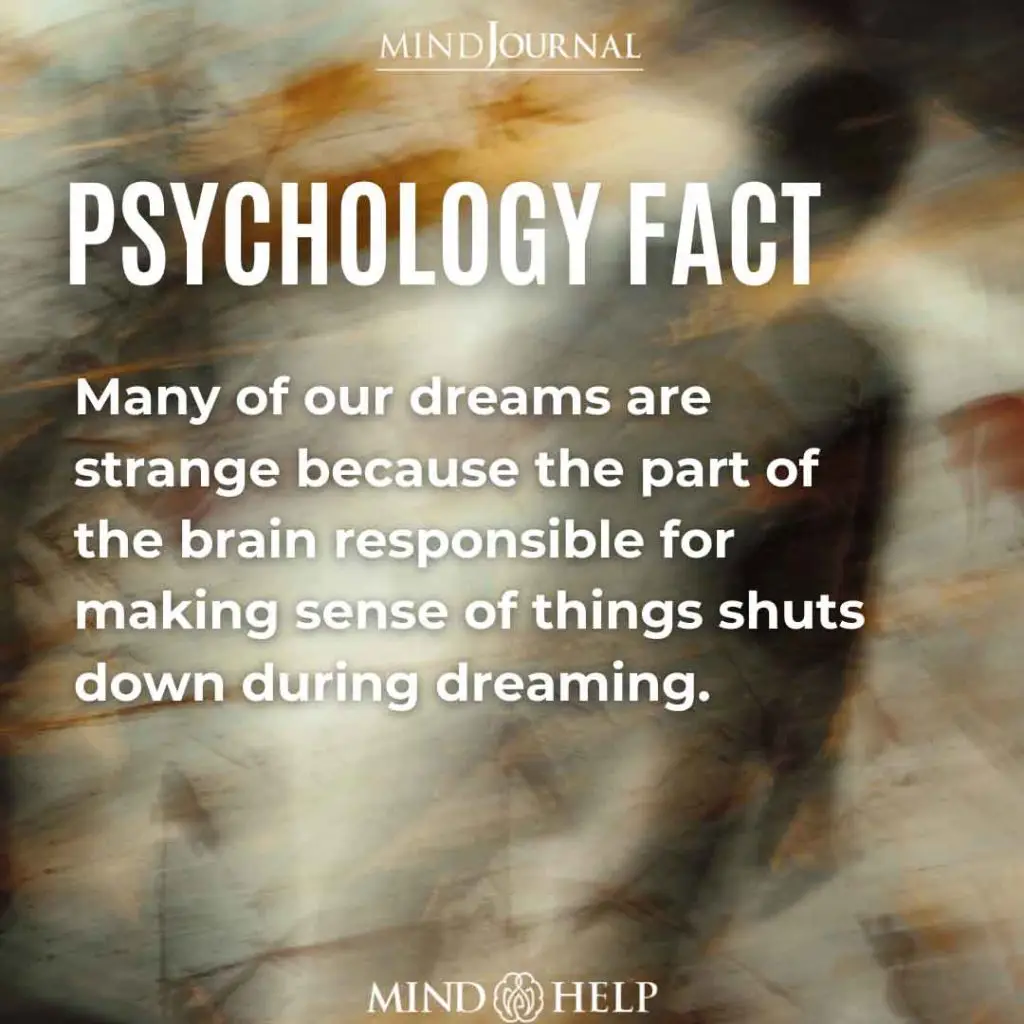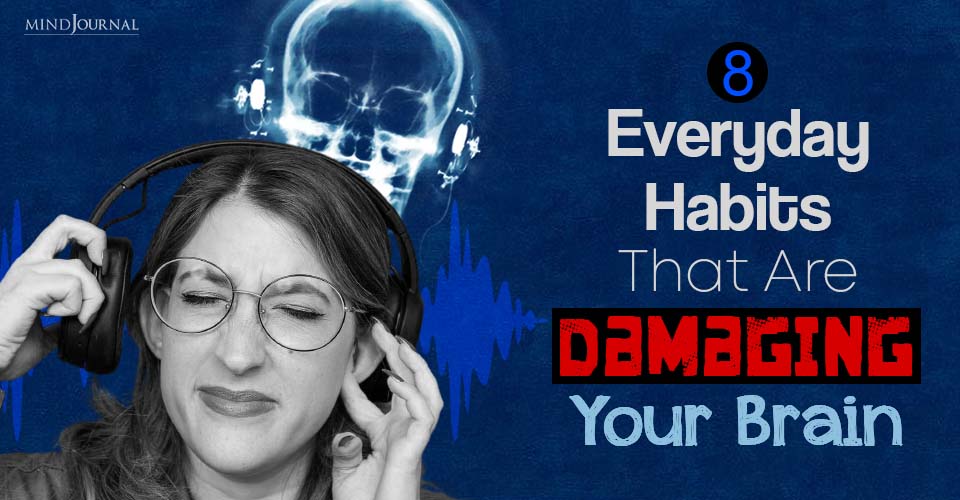Do you think dreaming is merely random nonsense from the brain? Then, it’s time to change your perspective!
A new study highlights the meaningful continuities between waking and dreaming.
For many people, the dreams they have in their teens and twenties are the most intense and meaningful of their whole lives. Yet not enough is known about the recurrent patterns of dreaming during this transitional time between childhood and full adulthood. Researchers are still trying to answer a basic question:
How does dreaming relate to the life experiences and developmental challenges of adolescents and young adults?
In a new article in the journal Dreaming, G. William Domhoff and Adam Schneider, of the Department of Psychology at the University of California, Santa Cruz, help to answer this question by examining the lengthy dream series of two individuals, “Izzy” and “Jasmine.” Izzy provided a collection of 4,329 dream reports from between the ages of 12 and 25, while Jasmine provided 664 dreams recorded between the ages of 14 and 25 (the reports are all available at the Dreambank.net website).

Large collections of dreams like these pose a challenge to researchers in their efforts to identify recurrent themes and patterns of meaning. Until recently, the only way to analyze dream series like those of Izzy and Jasmine was to employ a team of two or more readers who take the time to code each dream for a pre-determined number of content categories (such as those of the Hall and Van de Castle content analysis system), then compare their results, hoping for a high percentage of inter-coder agreement.
Read 11 Of The Most Common Nightmares And The Science Behind Them
Now, digital technologies enable the analysis of linguistic usage in dreams with unprecedented speed, precision, and objectivity. This marks a revolutionary advance for the science of dreaming in its quest to illuminate the full phenomenology of the human dream experience.

However, a generic digital method can only lead so far. To gain more specific and detailed insights, Domhoff and Schneider developed “individualized word strings for each dreamer.” Their method, a variation of the hermeneutic circle, combines elements of traditional dream research with digital tools for analyzing large data sets.
Domhoff and Schneider carefully read through the dream texts, then formulated searchable sets of words relating to a particular topic or motif. For Izzy, these individualized word strings included “family and relatives,” “celebrities,” “all crushes,” and “horror/fantasy,” while the word strings they created for Jasmine included “nuclear family,” “familiar places,” “audio and electrical equipment” and “music.”
The researchers used these word strings to track the consistency of Izzy and Jasmine’s dream content over time, and to identify points of continuity between their dreams and their waking lives.
Spoiler alert: the results of the analysis revealed a great deal of consistency and continuity in both sets of dreams. Izzy pays a lot of attention to pop culture, and has had numerous romantic crushes on famous actors. Jasmine is an accomplished musician and performer, whose visual disability makes her especially reliant on various kinds of equipment. The consistency of these themes over many years of dreaming is remarkable, and so is the continuity with important and distinctive personal concerns in each of their waking lives. Domhoff and Schneider put it in these terms:
“There is considerable continuity between the frequency with which specific people and avocations appear in a dream series and the intensity of waking personal concerns about those people and avocations… The relative frequencies of dream elements reveal the relative intensity of the dreamer’s personal concern with that element in waking thought.”
For anyone who still wants to claim that dreaming is merely random nonsense from the brain, these empirical findings about the highly structured, psychologically meaningful, and objectively verifiable features of dreaming are hard to explain away.
Domhoff and Schneider go on to emphasize a subtle but crucial point about what exactly this continuity between waking and dreaming means: it involves what people care about in waking, what’s most on their minds, and not necessarily what actually happens to them during the day. Izzy’s case makes this especially clear.
Read 10 Nightmares And What They Are Trying To Tell You
Her celebrity crushes involve people she has never actually met in waking life. She has, however, frequently thought and fantasized about them in waking life. They are an important part of her mental world, but not her daily physical existence. As Domhoff and Schneider conclude, “both of these dreamers once again demonstrate the overriding importance of imagination, not waking reality, in dreaming.”
What do you think?
Written by: Kelly Bulkeley Originally appeared on: Psychology Today Republished with permission.









Leave a Reply
You must be logged in to post a comment.